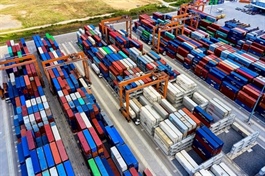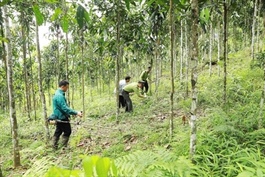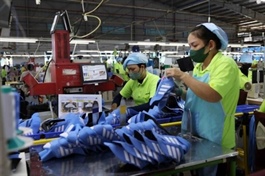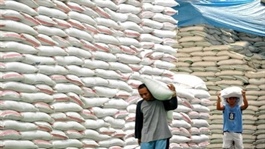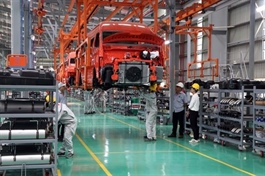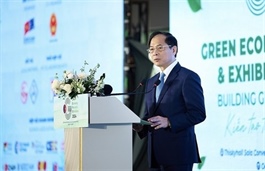Việt Nam promotes energy transition for sustainable development
Việt Nam promotes energy transition for sustainable development
Energy transition is a world trend, including in Việt Nam, said Tăng Thế Hùng, Deputy Director of Electricity and Renewable Energy Authority under the Ministry of Industry and Trade (MoIT).
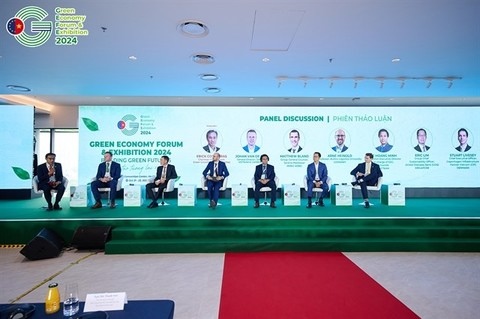
Experts talk about energy transition at the Green Economy Forum and Exhibition 2024. — Photo courtesy of GEFE |
Hùng talked about energy shifts at the 'Renewable energy and energy efficiency' conference held in HCM City on Monday, within the framework of the Green Economy Forum and Exhibition 2024, jointly held by the European Chamber of Commerce (EuroCham) and the MoIT’s Việt Nam Trade Promotion Agency (Vietrade).
It focused discussions on the potential for renewable energy development in Việt Nam, as well as the mechanisms, policies, laws, regulations and standards aimed at achieving sustainable energy transition.
To effectively implement the process, focus should be placed on two main tasks: Transitioning the use of input energy by shifting from fossil fuels such as coal and oil to clean, emission-free energy sources like solar, wind and nuclear energy, along with perfecting policies and mechanisms and implementing tasks and solutions to promote the reduction of greenhouse gas emissions, as well as closely monitoring sources of emissions, Hùng said.
In Việt Nam, the Government's efforts in implementing energy transition towards achieving net-zero emissions by 2050, as committed by the Prime Minister at the 26th United Nations Climate Conference (COP26), were clearly reflected in recently-issued policies, particularly in the national energy master plan and the eighth power development master plan, he added.
Country Director of Copenhagen Offshore Partners (COP) in Việt Nam, Stuart Livesey, said there were numerous projects underway for the construction and operation of offshore wind projects in the country, and that the demand for funding for renewable energy was increasingly significant.
Over recent years, companies operating in Việt Nam had made commitments to the green economy and green energy, he said, adding that offshore wind energy would be one of the important ways to hit net zero targets.
Chief-of-Party for the USAID Vietnam Low Emissions Energy Programme II (V-LEEP II), Ananth Chikkatur, said that the eighth power development master plan created many opportunities to promote renewable energy, which could lead to significant transformations and ensure stability and certainty in energy over the long term.
Chikkatur added that beyond energy policies, there was a need for mechanisms to facilitate carbon credit trading.




